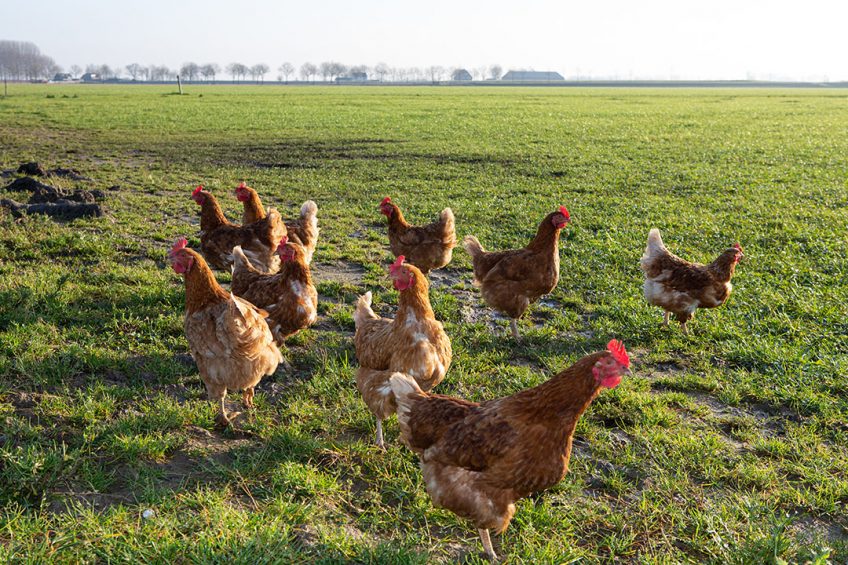EC funds low-input and organic production system research

The European Commission (EC) is providing up to € 10 millions over 5 years in a major new research project designed to improve the welfare of poultry and pigs reared in organic and low-input outdoor farming systems.
The PPILOW (Poultry and Pig Low-Input and Organic producing systems Welfare) project will involve participants across the food chain, from farmers to consumers, citizens, scientists and policy makers.
It will also provide a combination of practical solutions for welfare improvement that can be applied on a pan-European basis, taking into account target markets and public perception. The project, which is being led by the French Ministry of Agriculture and Environment, will co-create with end-users welfare self-assessment tools, innovative breeding and rearing strategies and techniques for improving the welfare of animals.
Among the welfare issues the project will cover are:
- Beak trimming in poultry
- Elimination of day old male chick culling
- Piglet castration
 Brain cells indicate hen welfare
Brain cells indicate hen welfare
Dr Tom Smulders, a neuroscientist, says that the welfare of the birds is actually a function in their brain. “So you should also be able to see in the brain of the animal whether it feels good.”
Multi-lateral research
PPILOW will run until August 2024 and be coordinated through a number of working groups.
- The National Resources Institute, Finland, will lead a team developing an inventory of animal welfare practices across the 2 sectors.
- Belgian researchers from the Institute for Agricultural and Fisheries Research (ILVO) will build up shared self-assessment tools for welfare and sustainability evaluations within both species and production chains, based around the Commission’s One Welfare concept.
- Dutch scientists will focus on the challenge of keeping laying hens and fattening pigs in organic and low input systems without applying mutilations. They will test incubation and early life strategies, such as insect feeding in laying hens that result in resilient birds and minimise feather pecking and cannibalism. They will also optimise outdoor design areas to minimise feather pecking, feather damage and mortality.
- And French boffins will work on innovative alternatives to the elimination of day old male layer chicks by developing dual-purpose crossbreeds and non-invasive in ovo sexing methods for the early selection of eggs. The dual-purpose genotypes will be tested with regard to productivity, outdoor behaviour, health and production costs.
- Finally, moves to enhance the health and robustness of slow-growing broilers will be taken forward by Danish scientists at Aarhus University. This workstream will look at how appropriate feed, management and housing in interaction with genetic backgrounds will lead to improved health and reduce mortality rates among such birds.
The project involves 23 partners from 9 European countries (Belgium, Denmark, Finland, France, Germany, Italy, The Netherlands, Romania and the UK). The first abstract papers from the project are expected to be presented at the World Poultry Congress.
 Swiss consumer preferences boost domestic poultry production
Swiss consumer preferences boost domestic poultry production
A recent survey found that Swiss consumers have a clear preference for eggs and poultry meat of Swiss origin and are willing to pay significantly more for them. What factors have played a role in this Swiss preference?













